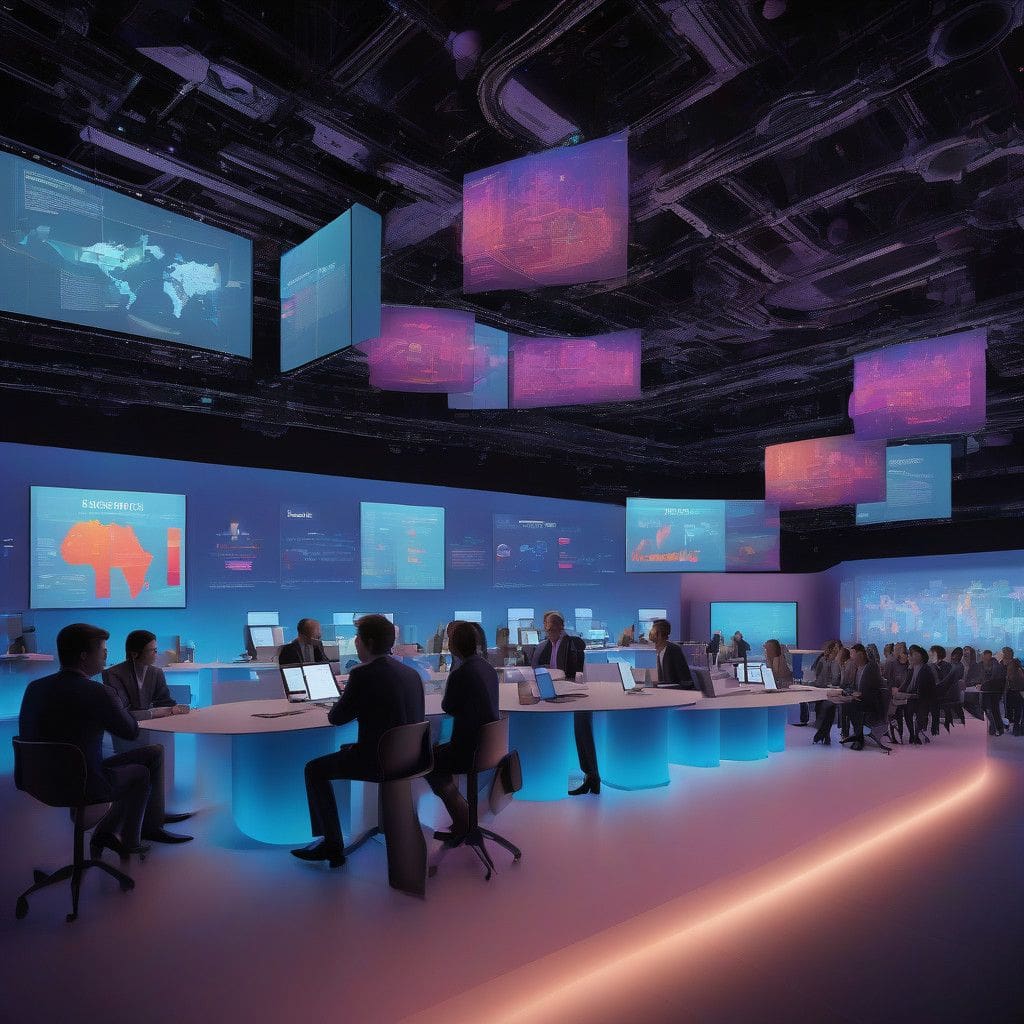In recent discussions at a global conference focused on regulatory frameworks, Doreen Bogdan-Martin, Secretary-General of the International Telecommunication Union (ITU), emphasized the pressing need for comprehensive AI regulation. As nations wrestle with the rapid advancement of artificial intelligence technologies, the alarming fact remains that only 15% of ITU’s 194 member states have made strides towards formulating policies in this crucial area. This leaves a vast majority unprepared and vulnerable to the potential pitfalls that AI presents.
Bogdan-Martin’s remarks underscore a sentiment shared by many around the globe – the need for nations to cultivate robust regulatory frameworks to foster innovation while mitigating risks. AI technologies have infiltrated numerous facets of daily life, from personalized marketing to autonomous vehicles, making proactive regulation more imperative than ever.
One of the conference highlights was the success story of India, which has emerged as a global leader in digital infrastructure. Bogdan-Martin pointed to India’s unified payments interface and the Aadhaar digital identity system as examples of innovative frameworks that provide a template for other nations looking to establish their own systems. Such integrations have not only bolstered economic growth but have also demonstrated how effective governance can elevate a nation’s digital capabilities.
India’s rapid deployment of 5G technology further exemplifies its position as a frontrunner in the digital economy, fostering new business models and enhancing connectivity. This kind of digital maturity creates an environment that invites further investment and innovation. However, with growth comes challenge—particularly regarding the complexities of regulating technology truly integrated into the societal framework.
Another significant point presented by Bogdan-Martin is the rising cyber threats associated with the proliferation of AI technologies. Last year alone, cyberattacks increased by a staggering 80%, as more malicious actors leverage AI to enhance their techniques. The potential for AI algorithms to be used in creating deepfakes or disseminating disinformation compounds this risk. Policymakers must not only devise regulations governing the ethical use of AI but also implement strategies to protect citizens from technological misuse.
A collaborative global approach for tackling these challenges was also suggested as a way forward. Various countries have exhibited interest in sharing knowledge and insights related to AI regulation. The sharing of best practices, particularly from nations that have developed comprehensive frameworks such as India and beyond, can greatly assist others in navigating this complex landscape.
As the ITU continues to advocate for global standards, it becomes clear that regulatory bodies around the world must unite in their efforts. Addressing issues of network resilience, data privacy, and ethical AI use must be at the forefront of international dialogue. Enhanced cooperation can lead to the development of universal frameworks that provide essential protections without stifling innovation.
In conclusion, as the landscape of artificial intelligence evolves, the call for regulation grows louder. Global leaders like Doreen Bogdan-Martin highlight an urgent task at hand: the establishment of rules that protect society while promoting the transformative potential of AI. Governments that act decisively to create and implement these policies will not only safeguard their citizens but can also pave the way for sustainable growth and technological advancement.
AI regulation is not just an option; it is a necessity for ensuring a safe and prosperous digital future.












